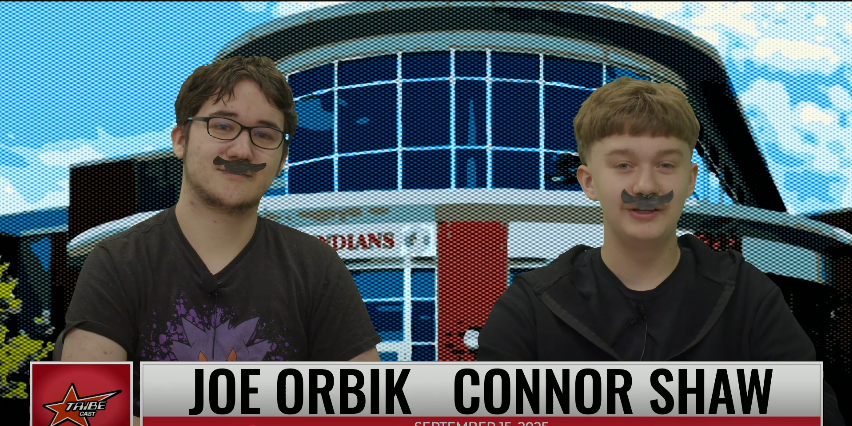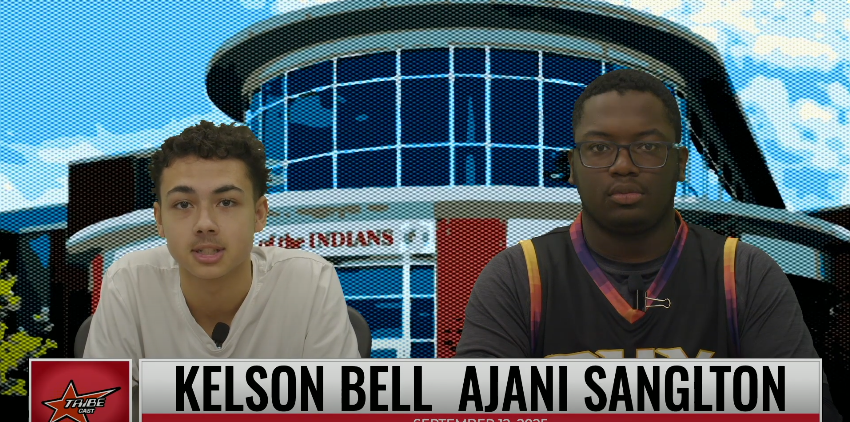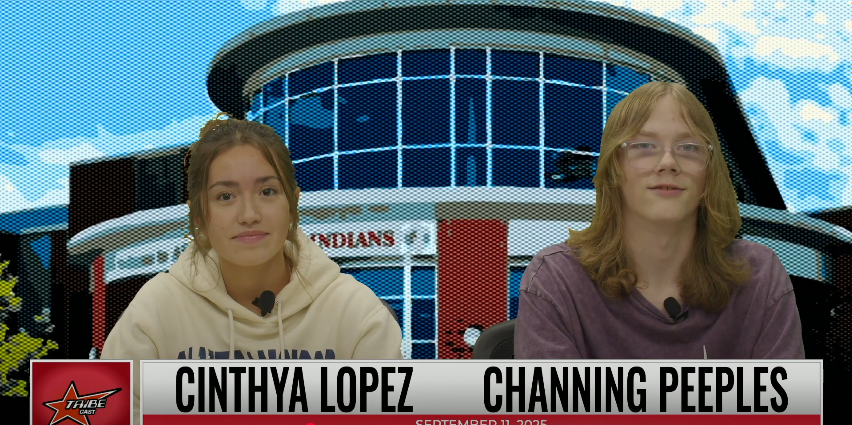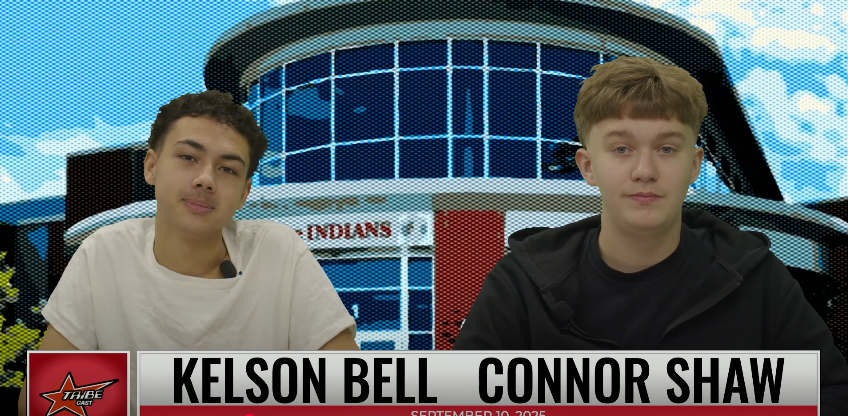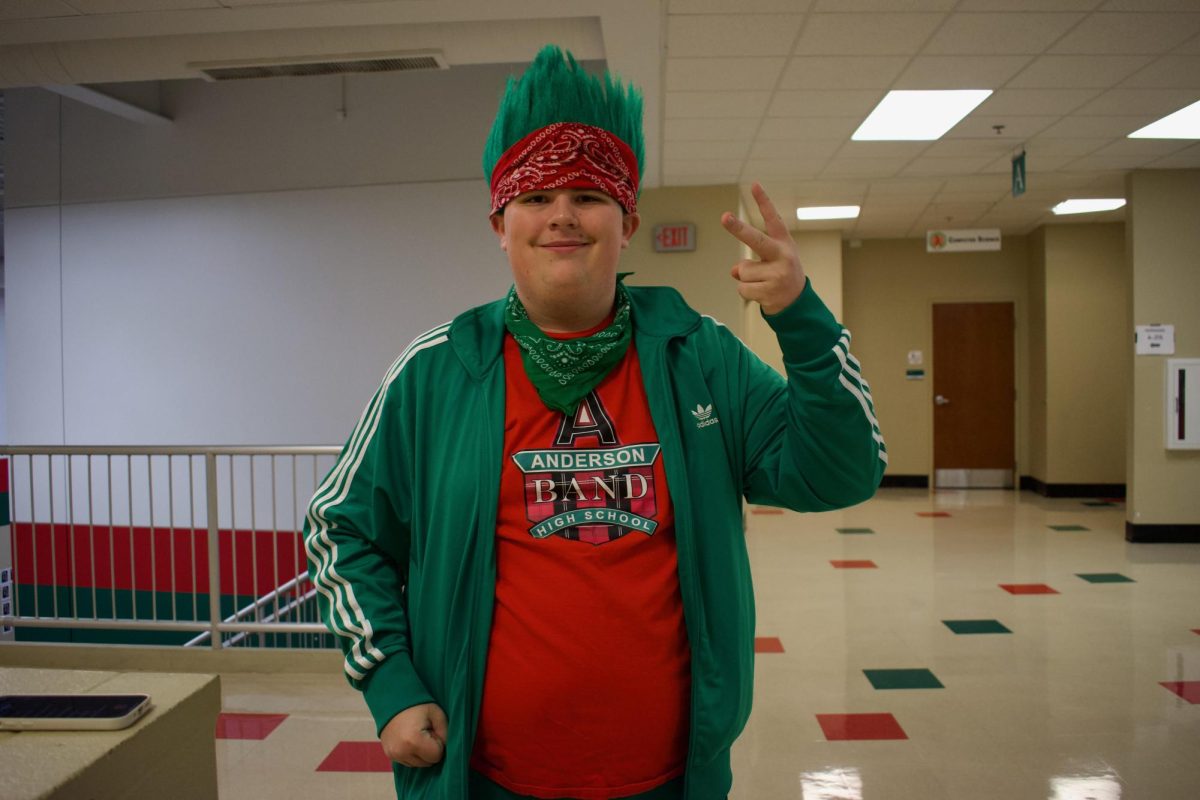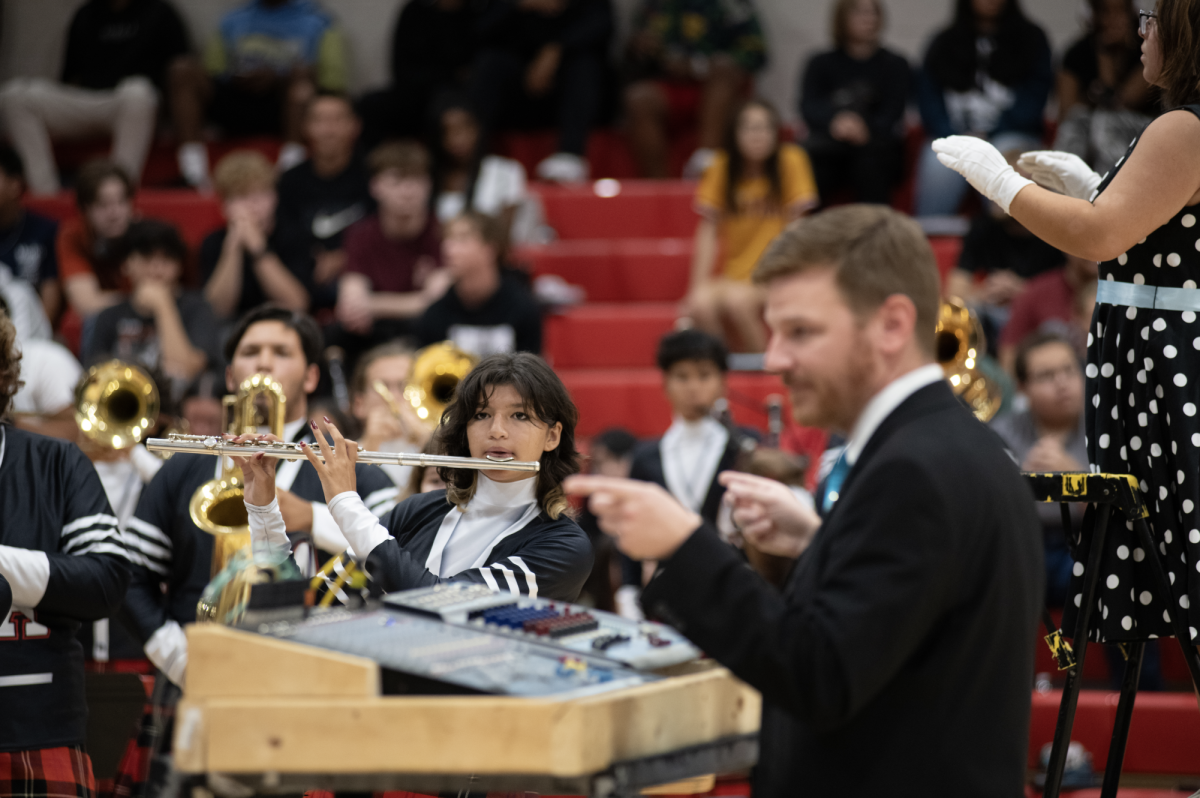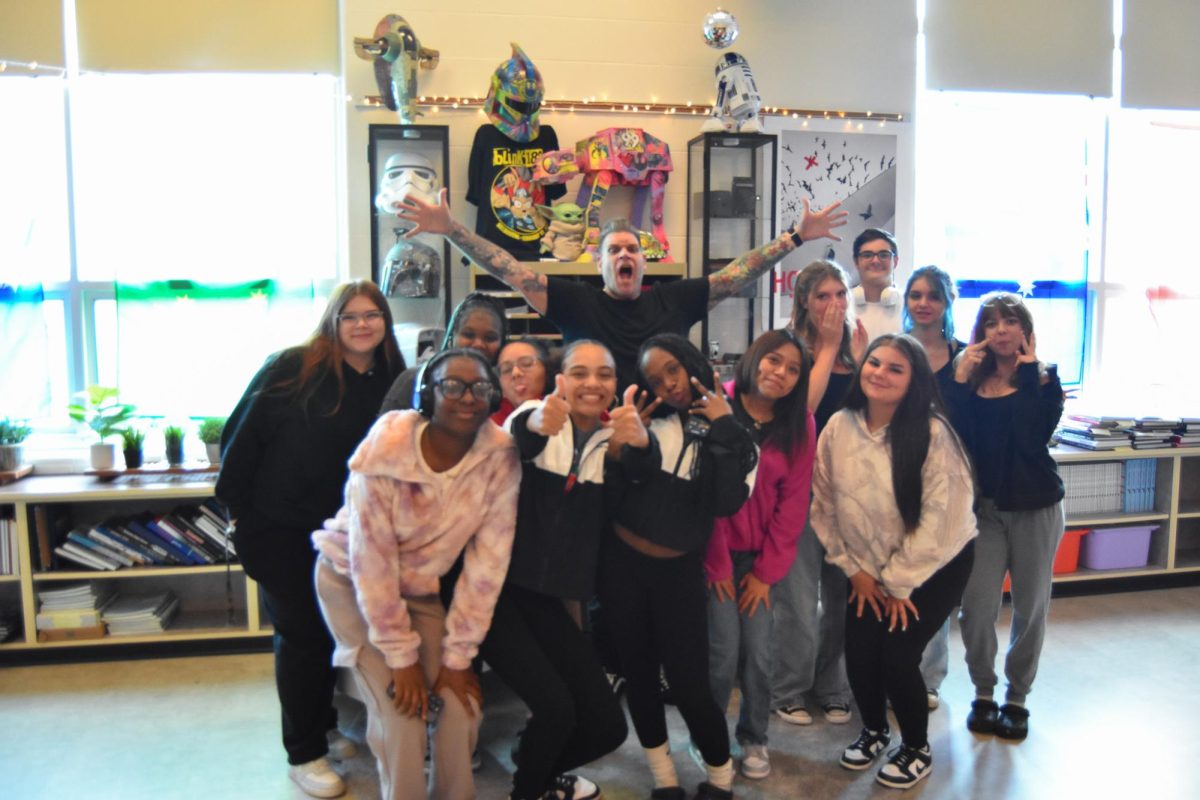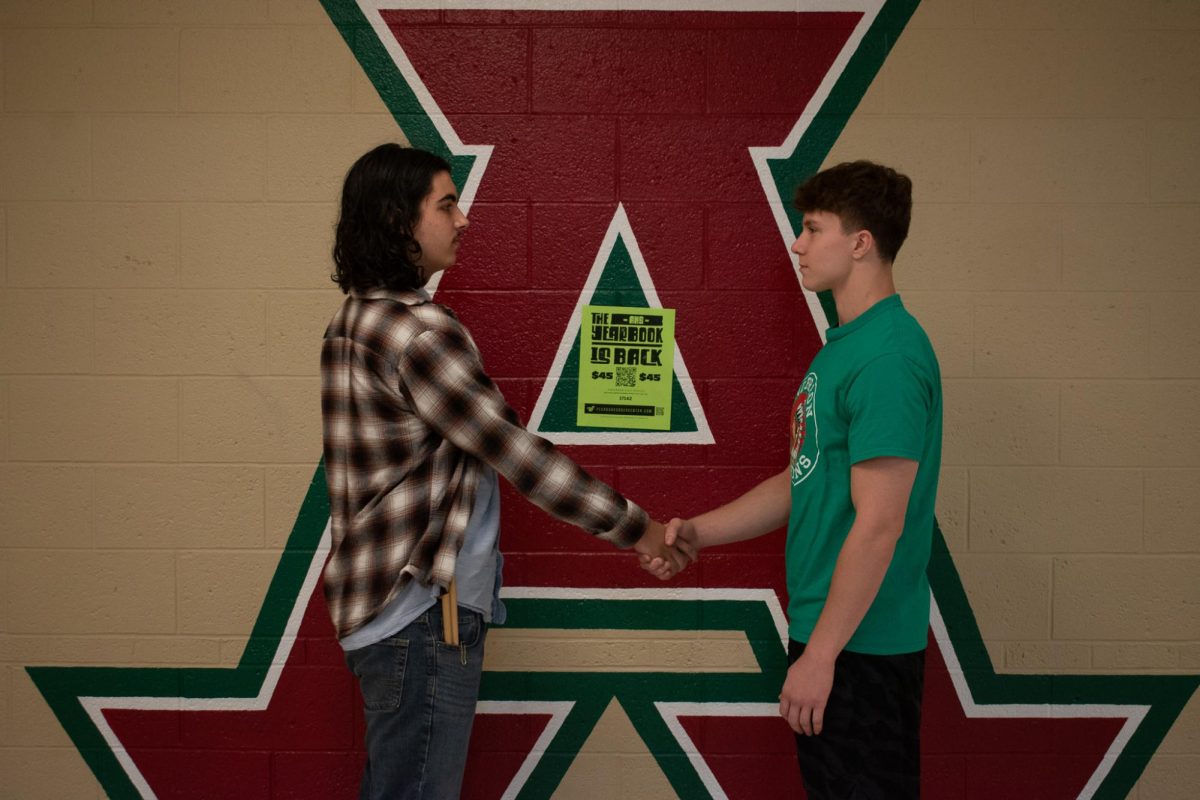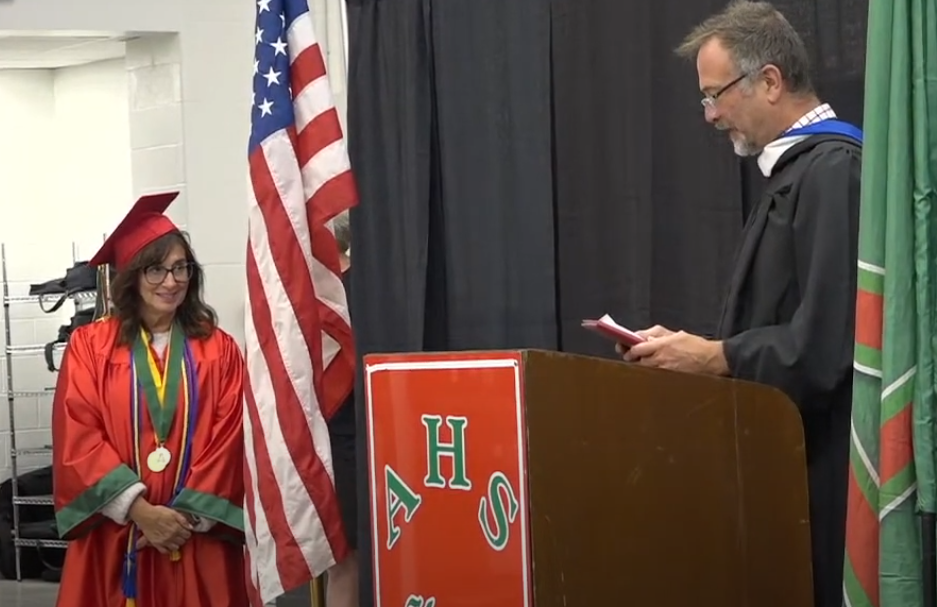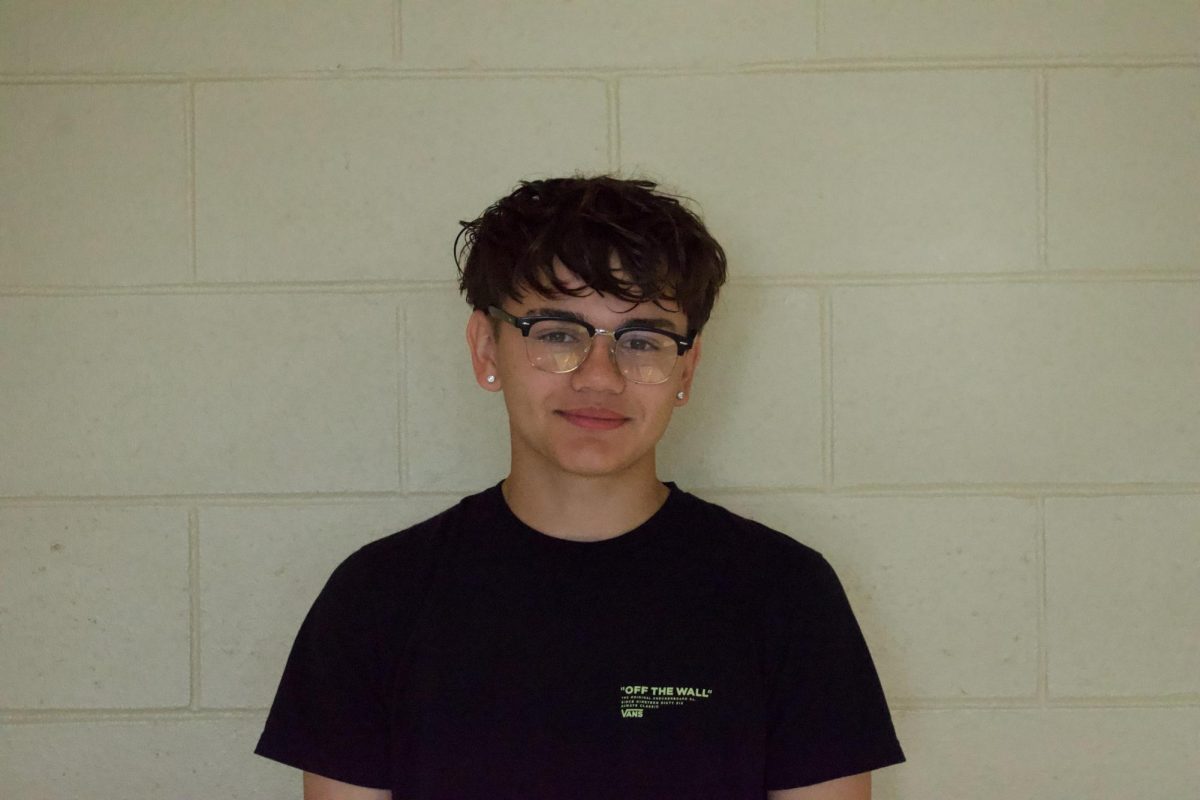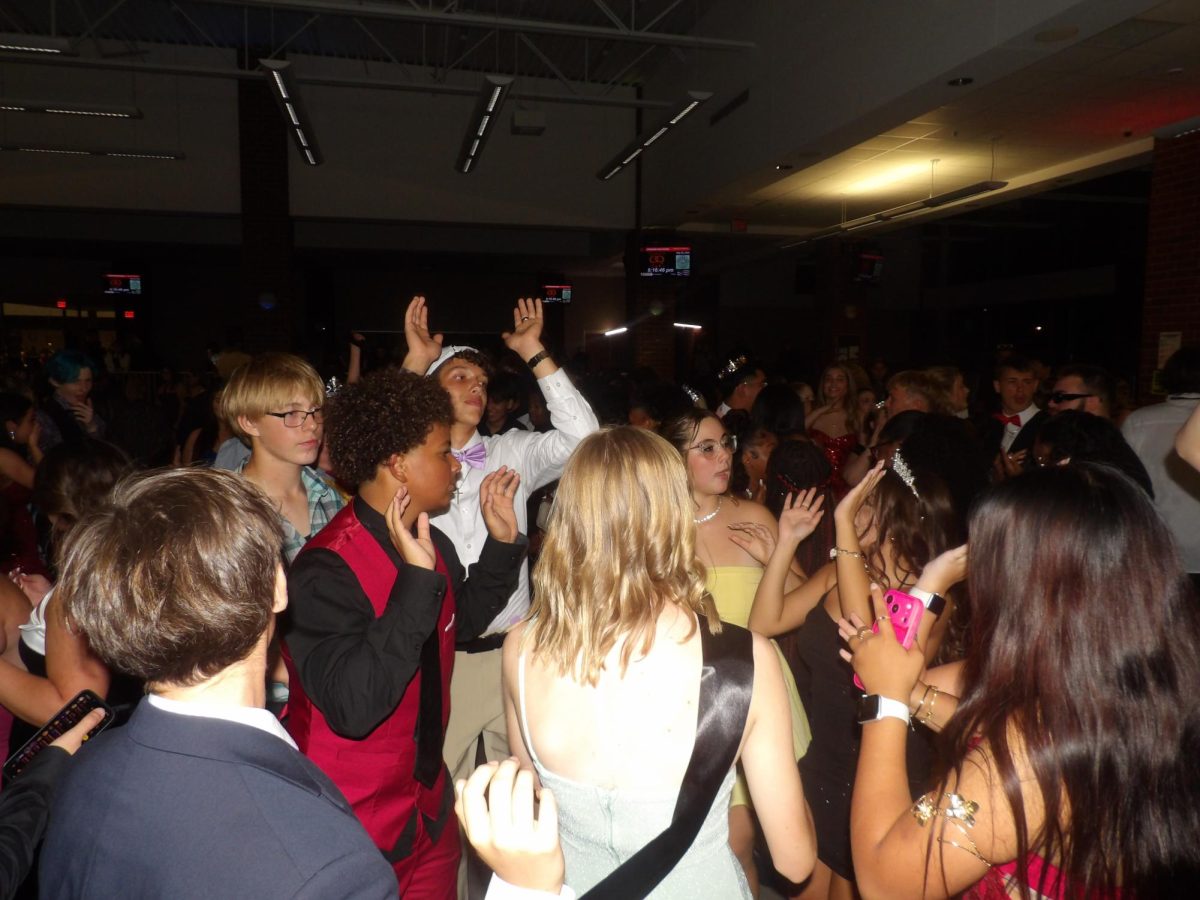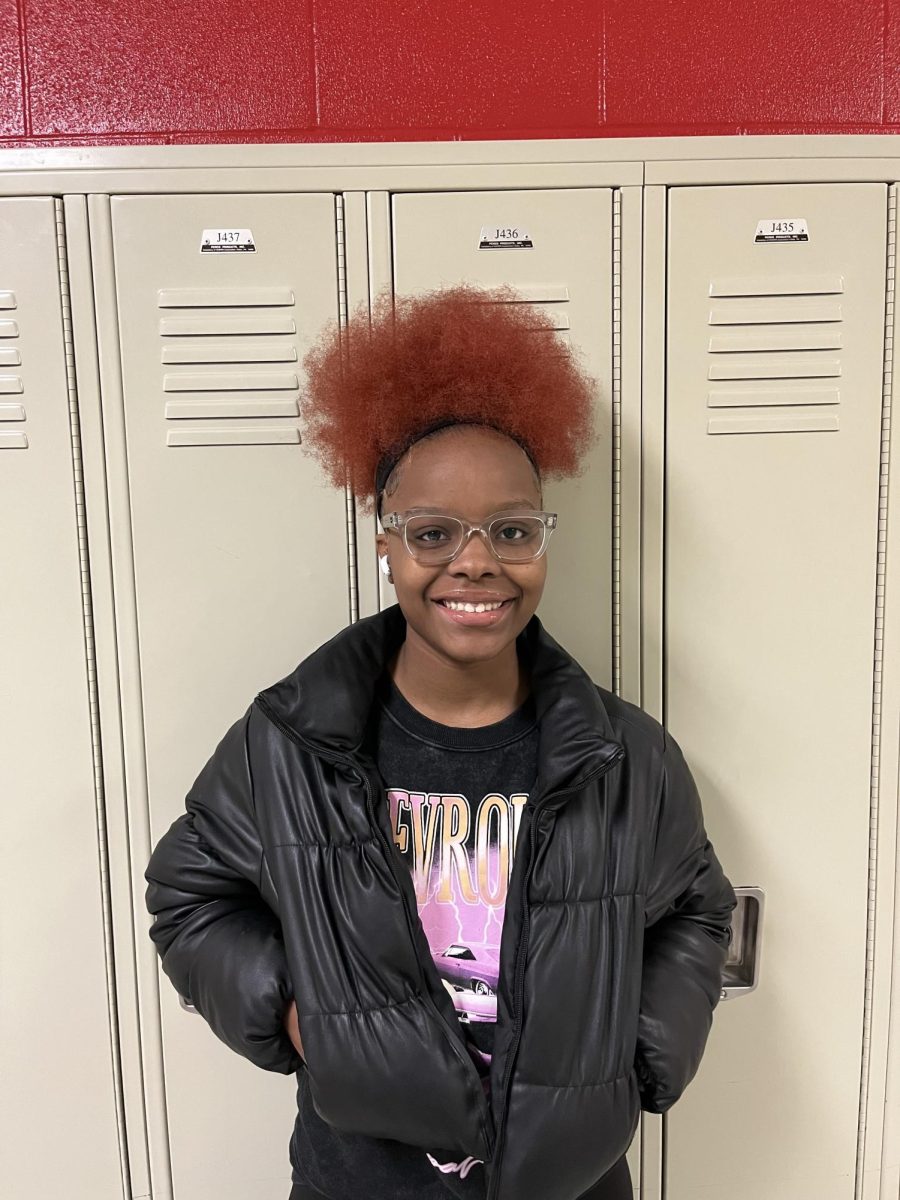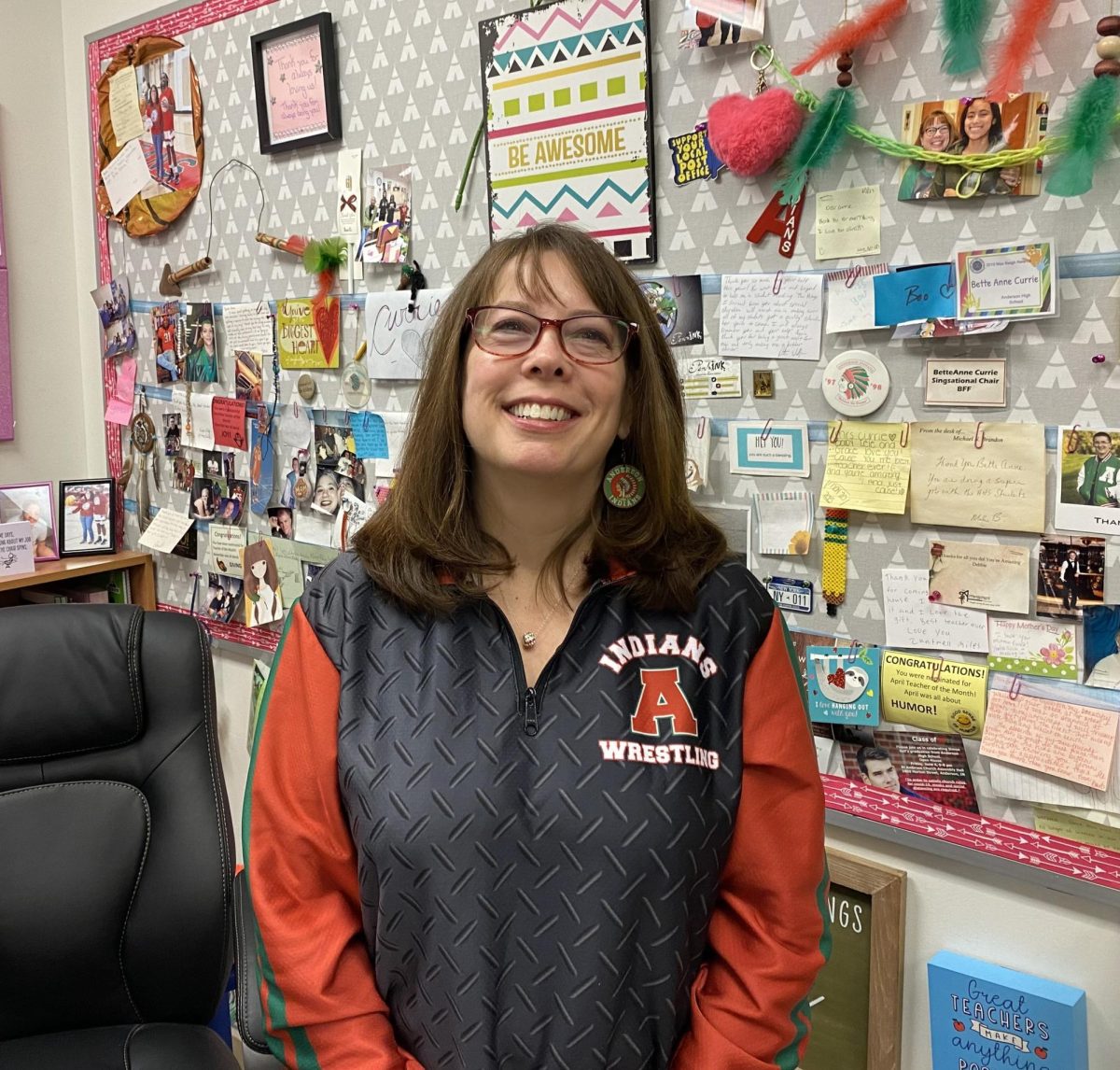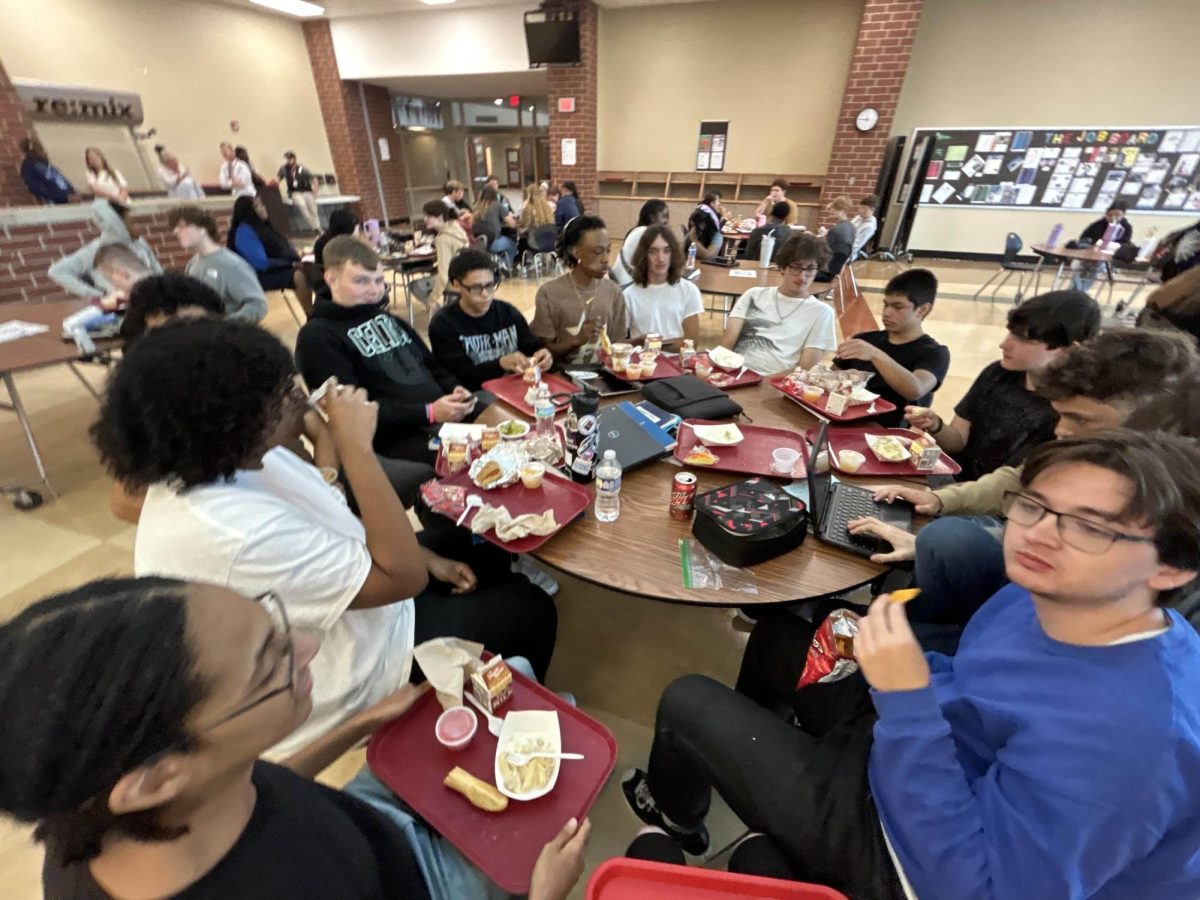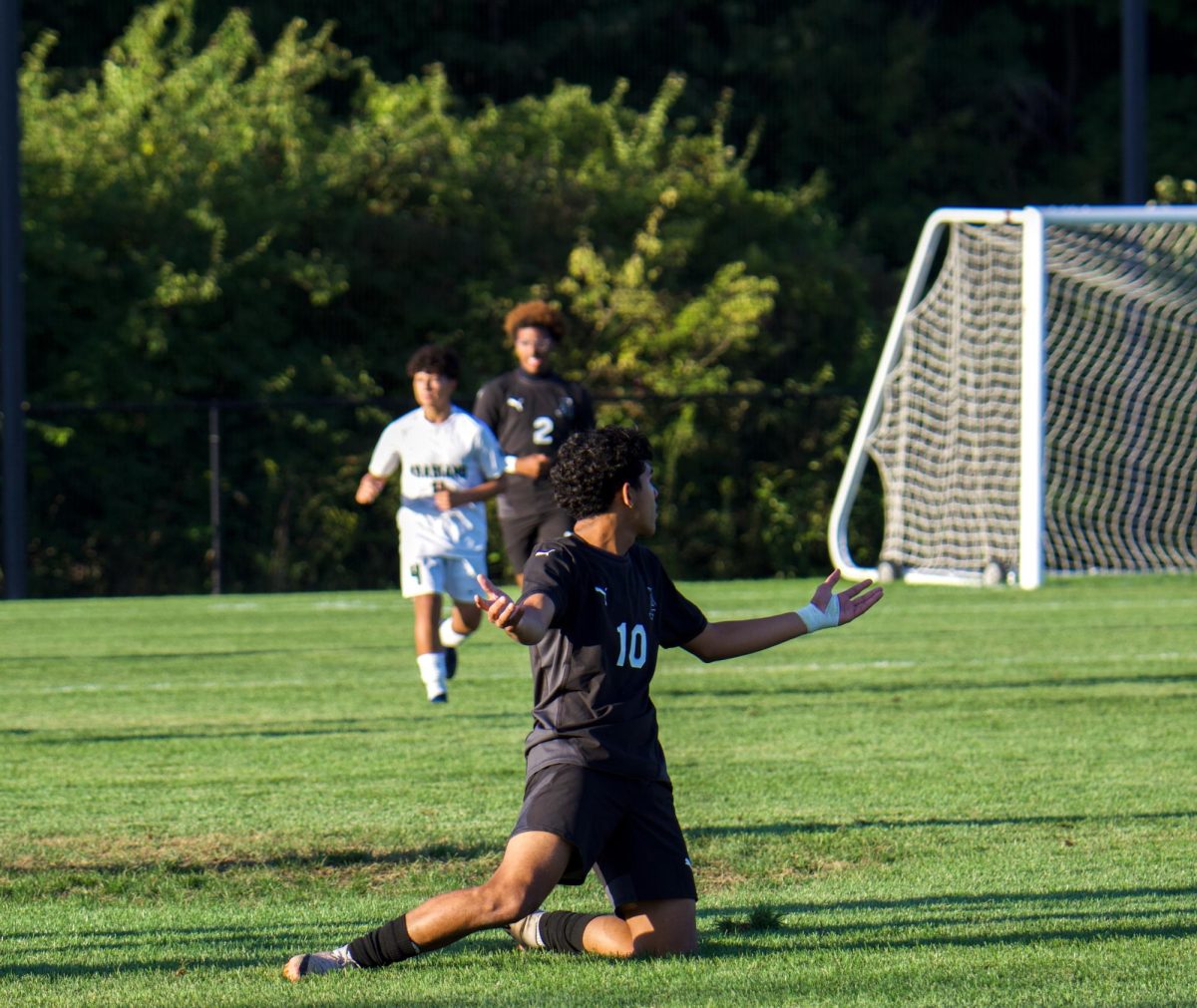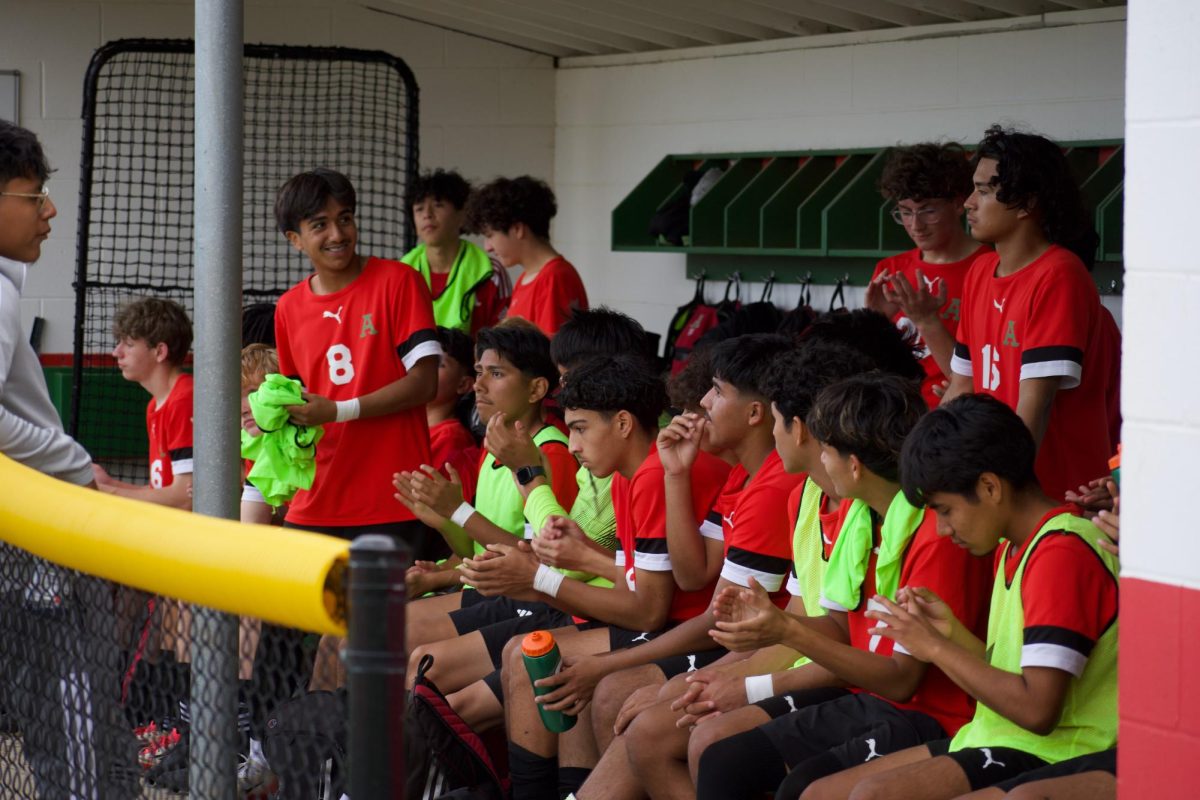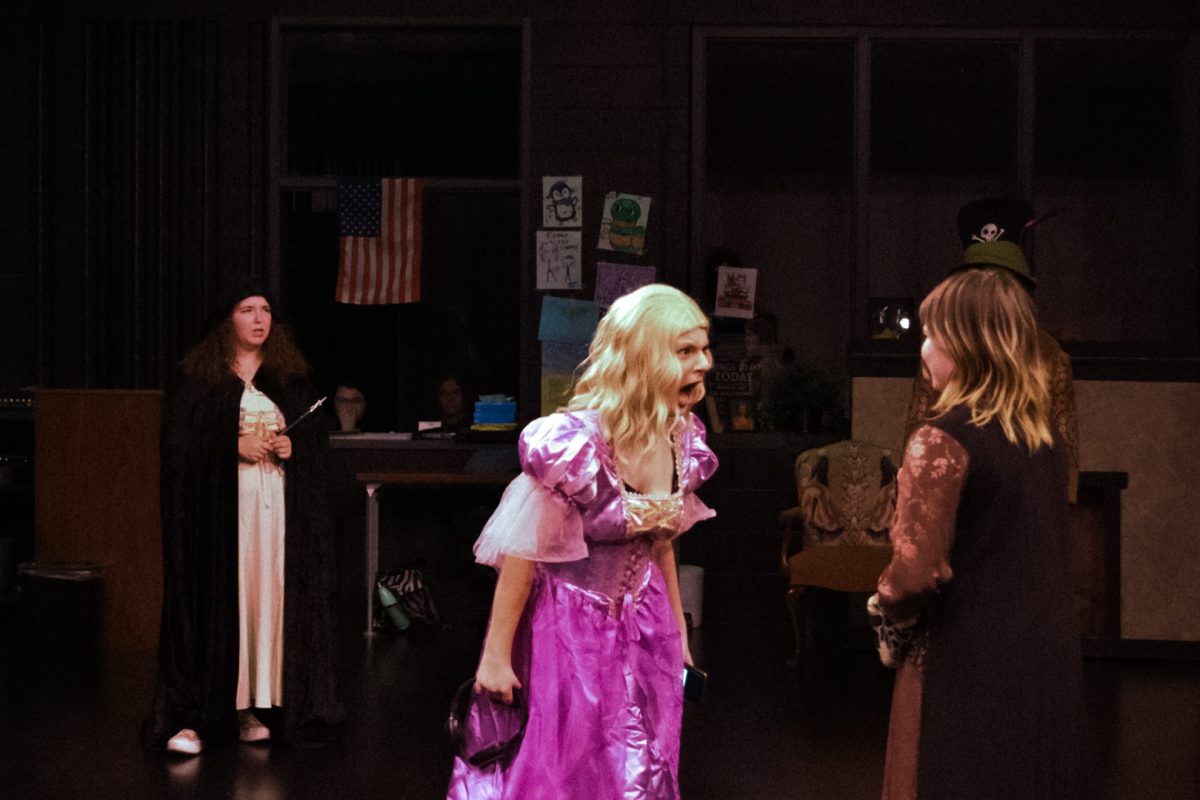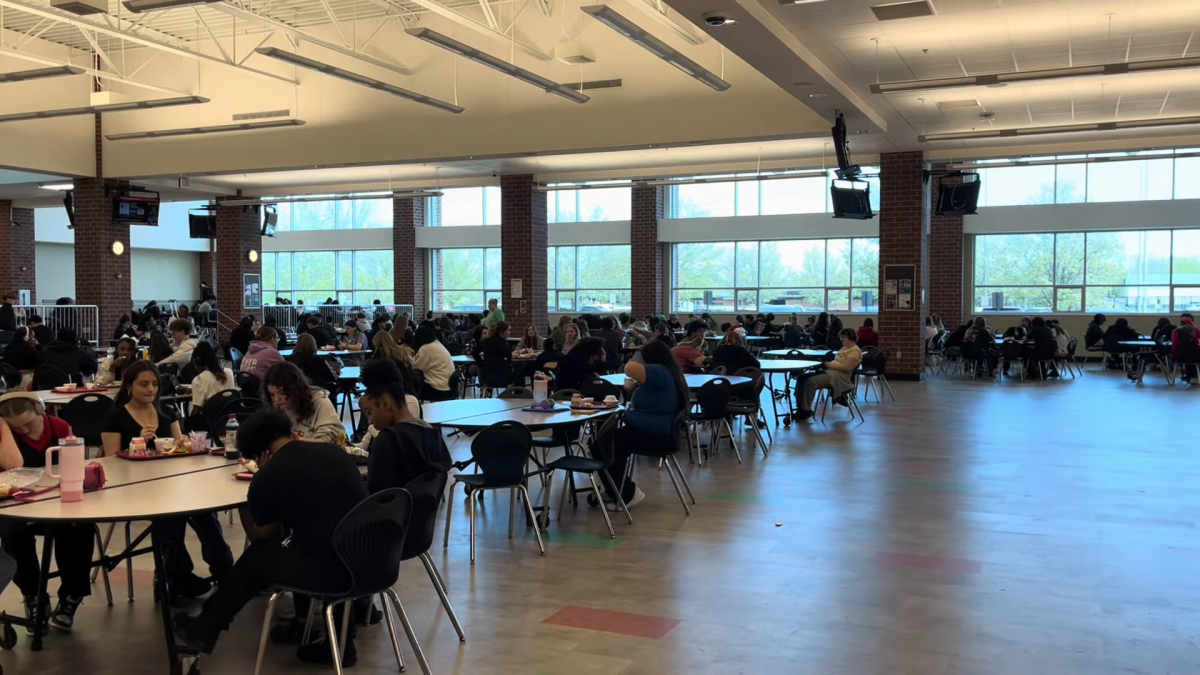“We see you, we see you and we know it’s hard.”
This is the message counselor Courtney Coppock wants every Anderson High School student to hear. As a counselor, she sees the struggles students face with their mental health. We spoke with her about the mental health of students and the importance of seeking support.
Student mental health is a growing concern in high schools, including Anderson High School. Coppock says about five students come to each of the counselors weekly for their mental health. Out of the hundreds of Anderson High School students, that’s only 25 in a week that reach out to them. However, counselors are often not the first point of contact; students often also approach deans, social workers or teachers. Coppock explains that these all work together to give students a support network at school. Her advice for students: have an adult at school they feel comfortable with, someone they can go to. Yet many students do not know where to go, or do not feel comfortable enough to seek help.
For Coppock, a key part of the conversation is access. Students are struggling, and there are things available to them that could help, but are they aware of this? She emphasizes the effectiveness of simply emailing the adults in the building, reaching out to them for support. However, not every student knows who they can talk to or how to contact them, Coppock acknowledges this, saying “The way that I would want to improve it is that each and every student in this building knows how to access mental health support from multiple adults in the building, not just one.” She also wishes to hear from students to learn from them directly what changes they want to be made.
Student Interview With Namine Jones
For some students, slow grading can have consequences even outside the classroom. Namine Jones, a student, shared how unclear or outdated grades can create situations at home. She says that if grades don’t get updated fast enough, it can look like students are not trying, and that can get them in trouble. While she acknowledges that teachers can’t always grade immediately, she emphasizes that the delay still affects students’ well-being and how their efforts are perceived by others.
Student Interview With Hanna Lebo
When asked if she would ever feel comfortable reaching out to a counselor for help with mental health struggles, freshman Hanna Lebo immediately answered “no”. She asserts that she, along with seemingly much of the student population, has concerns about privacy in regards to school counselors. “You see all these things about how counselors will say all these things to you and then turn around and talk to your parents behind your back, or contact somebody else,” She says, going into the fears students carry.
Hanna shared with us an experience she had in middle school when she was dealing with being bullied, and upon reaching out for help, she was the one punished with lunch detention. Situations like this, where students have been failed by the people there to support them, just breeds distrust among the student body. If they wish to build a better system for mental health support within the school, counselors must establish themselves as being reliable and trustworthy.
When we asked her how she thinks about the support the school offers, she says they do ‘a moderately good job,’ and that those looking for help could find it. She states that students just want a safe space, proposing that something as simple as a poster in the hallway encouraging students to reach out, and directing them on who they can reach out to in times when they need help could go a long way, as well as more assurance that their issues can be dealt with privately.
But what’s your experience? AHS Student News wants to hear from students the experiences they’ve had with the counselors and mental health resources. Please fill out this anonymous form:


